
All News

Honouring the History and Impact of Catholic Healthcare: UIW Hosts 2026 Pierre Lecture
A February 2026 lecture at the University of the Incarnate Word by Sr. Teresa “Tere” Maya of the Catholic Health Association, titled “Care for All: What Does ‘Catholic’ Mean in Healthcare?” It presents Catholic healthcare as rooted in the healing ministry of Jesus and shaped by health equity, Catholic Social Teaching, mercy, dignity, and whole-person care. The piece emphasizes the historical role of Catholic institutions in serving vulnerable and marginalized communities and argues that Catholic healthcare should continue to adapt to changing needs while remaining faithful to its mission.
By: University of the Incarnate Word

TN Hospital Denies Woman Sterilization Surgery, Citing Her “Sacred Fertility”
A Tennessee woman says Ascension Saint Thomas Hospital Midtown cancelled her scheduled sterilization procedure while she was already undergoing pre-surgery preparation, after the hospital’s Catholic Ethics Oversight Committee intervened. The piece links the incident to Tennessee’s Medical Ethics Defence Act, which allows providers and medical centers to refuse procedures that conflict with their moral beliefs. It presents the case as an example of how religiously based hospital governance can shape access to contraception-related care, especially in a state with highly restrictive abortion laws.
By: Chris Walker

Are most hospitals in Tulsa controlled by the Catholic Church?
This fact brief argues that the claim that most Tulsa hospitals are controlled by the Catholic Church is inaccurate. It states that while one-third of Tulsa hospitals are associated with Catholic organizations, Catholic directives directly apply only to hospitals owned by those organizations, which it identifies as five hospitals, or 28% of Tulsa hospitals. The piece also notes that Catholic hospitals make up a larger share of general care hospitals in Tulsa than in Oklahoma or the United States overall, and highlights that these institutions are governed by the Ethical and Religious Directives for Catholic Health Care Services.
By: Matthew Yin

HHS Takes Comprehensive Action to Enforce Conscience Rights and Protect Human Life
This press release announces new steps by the U.S. Department of Health and Human Services to protect health care workers and institutions who object to certain medical procedures for religious or moral reasons. The agency says it will more actively enforce existing federal laws that allow doctors, nurses, and hospitals to refuse participation in services such as abortion, sterilization, and assisted dying. As part of this effort, the department issued a formal warning to the State of Illinois, arguing that a state law requiring referrals for abortion conflicts with federal conscience protections. The announcement frames these actions as necessary to prevent discrimination against health care providers who choose not to take part in procedures that conflict with their beliefs.
By: HHS Press Office

US to boost Christian hospitals in Nigeria amid efforts to protect believers from violence
This article reports that the United States and Nigeria have signed a five-year, $5.1 billion health cooperation agreement that includes significant new support for Christian hospitals and clinics in Nigeria. Under the memorandum of understanding, about $200 million of U.S. funding is designated for more than 900 Christian faith-based health facilities that serve more than 30 percent of the Nigerian population, despite accounting for only about 10 percent of all providers. The funding is intended to help expand integrated health services including HIV, tuberculosis, malaria, maternal and child health, and other essential care in regions served by Christian-run institutions. The agreement also links continued U.S. assistance to Nigerian reforms aimed at protecting vulnerable Christian populations from violence.
By: Anugrah Kumar
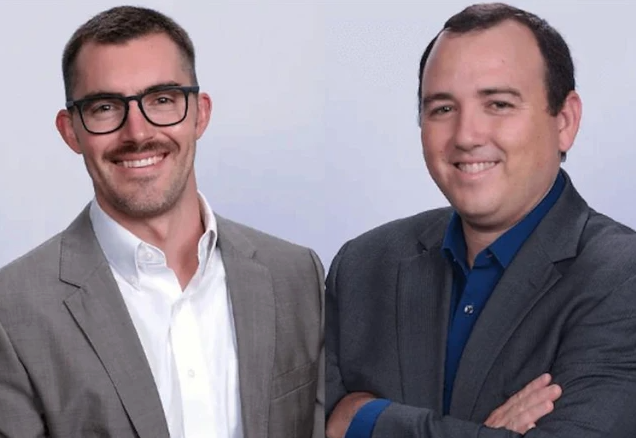
Pro-life, Christian health insurance company launches in Texas
A California woman was denied emergency maternal care at a Catholic-affiliated hospital after her water broke at 17 weeks of pregnancy. Hospital staff said religious directives prevented them from intervening while fetal cardiac activity remained, and she was discharged to miscarry at home. She later received care at a non-Catholic hospital. The article notes that the hospital is part of a Catholic system governed by religious ethical rules and situates the case within wider scrutiny of how such policies operate in a state where reproductive health services are otherwise legally protected, particularly considering many of California's largest hospitals are catholic.
By: Kate Quiñones
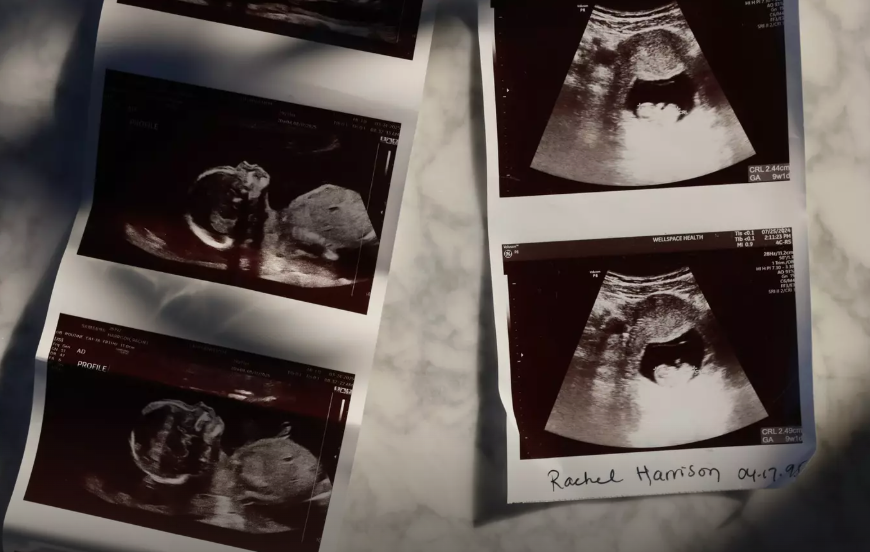
Pregnant in California ? What Catholic hospital rules can mean in emergency.
A California woman was denied emergency maternal care at a Catholic-affiliated hospital after her water broke at 17 weeks of pregnancy. Hospital staff said religious directives prevented them from intervening while fetal cardiac activity remained, and she was discharged to miscarry at home. She later received care at a non-Catholic hospital. The article notes that the hospital is part of a Catholic system governed by religious ethical rules and situates the case within wider scrutiny of how such policies operate in a state where reproductive health services are otherwise legally protected, particularly considering many of California's largest hospitals are catholic.
By: Anya Schultz
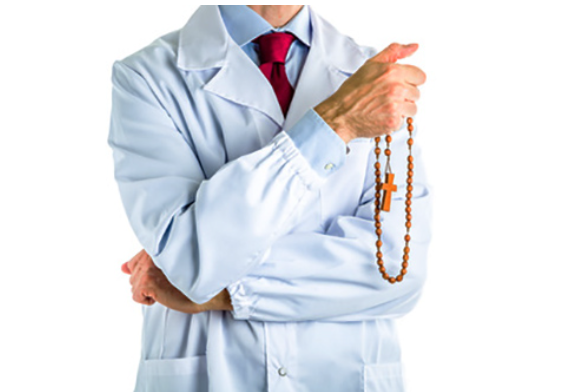
On the USCCB's revised “ethical and religious directives" for catholic hospitals
U.S. Catholic bishops voted to formally ban gender-affirming care at Catholic-affiliated hospitals by adopting revised ethical and religious Directives. The updated directives prohibit "surgical or chemical" interventions aimed at changing a person’s sex characteristics. The bishops approved the revisions at their plenary assembly, and the new policy will guide how Catholic hospitals and providers respond to requests for gender-affirming medical care. Each bishop will be responsible for implementing the policy for their dioceses. Catholic leaders emphasized that the care of all patients should be delivered with dignity and respect, even as the ban takes effect. On the same day, progressive religious leaders issued a statement in support of transgender, intersex, and nonbinary people.
By: John M. Grondelski

U.S. bishops officially ban gender-affirming care at Catholic hospitals
U.S. Catholic bishops voted to formally ban gender-affirming care at Catholic-affiliated hospitals by adopting revised ethical and religious Directives. The updated directives prohibit "surgical or chemical" interventions aimed at changing a person’s sex characteristics. The bishops approved the revisions at their plenary assembly, and the new policy will guide how Catholic hospitals and providers respond to requests for gender-affirming medical care. Each bishop will be responsible for implementing the policy for their dioceses. Catholic leaders emphasized that the care of all patients should be delivered with dignity and respect, even as the ban takes effect. On the same day, progressive religious leaders issued a statement in support of transgender, intersex, and nonbinary people.
By: The Associated Press

‘I Prayed for Him’: Faith, Mystery, and Meaning in Medicine
In this article, Harold Koenig, MD recounts a case in which he chose to pray for a patient enduring chronic pain, severe depression and thoughts of suicide. After back surgery left the patient in lasting agony, Koenig engaged not only in medical treatment but also daily prayer and discussion of the patient’s spiritual struggles. The article uses this story to explore how many physicians hold beliefs in a higher power and how this shapes their work even in a system that mostly views medicine as a secular, scientific endeavour. It discusses how spiritual history–taking and recognizing “sacred moments” can enhance care, lower physician burnout and address human suffering that clinical protocols cannot fully explain.
By: Eric Spitznagel

Catholic hospital system sued for not providing ’emergency abortion’ as ‘standard of care’
California-based Catholic health system, Dignity Health (operating 41 hospitals), is being sued by a patient who alleges that after suffering pre-viable preterm rupture of membranes (PPROM) twice, she was not offered an abortion by two of the system’s hospitals. The lawsuit, filed in California Superior Court on September 25 2025, accuses Dignity Health of violating state law governing emergency care, civil rights protection, and other statutes by not providing what the plaintiff claims is the “standard of care” in her condition.
By: Gina Christian

Growing Market Power Among Catholic Hospitals Restrains Access to Reproductive Health Care
The article describes how the growing consolidation of Catholic health systems in the U.S. is affecting access to reproductive health services. It reports that Catholic hospitals now comprise a significant share of hospital beds and systems, and because they follow the Ethical and Religious Directives (which limit or forbid services like abortion, many contraceptive methods, fertility treatments, and certain miscarriage management options), their market power means fewer alternative providers are available in many communities. The piece argues that this creates access barriers for patients, especially in states where Catholic hospitals are the primary or only option.
By: Bailey Sanders, Barak Richman, Kierra B. Jones, Andrea Ducas, Samuel Doernberg

Ascension Health investments appear to reject Vatican guidance
A report by National Nurses United (NNU) claims that Ascension Health’s investments—in its Master Pension Trust—include hundreds of millions of dollars in industries that conflict with the Vatican’s 2022 guidance Mensuram Bonam: Faith-Based Measures for Catholic Investors. These holdings cover weapons manufacturers, alcohol, gambling, tobacco, mining, fossil fuels, environmental-harmful banks, and exploitative labor sectors. NNU urges Ascension to increase transparency, publish its investment criteria, divest from problematic sectors, and release lists of holdings and divestments.
By: National Nurses Organizing Committee

Ascension Saint Agnes nurses to protest Catholic hospital chain’s unfaithful financial investments
Bishop Pius Moon Chang-woo and representatives of several Catholic organizations in South Korea formally opposed proposed revisions to the Maternal and Child Health Act. The amendments would allow broader access to abortion pills, revise language to neutralize abortion, and include abortion services under national health insurance. The Catholic leaders argued the changes would devalue fetal life and marginalize the balance between a woman’s rights and the fetus’s right to life; they pledged to revitalize a national pro-life movement to uphold ethical standards and support pregnant women through Catholic health networks
By: National Nurses Organizing Committee
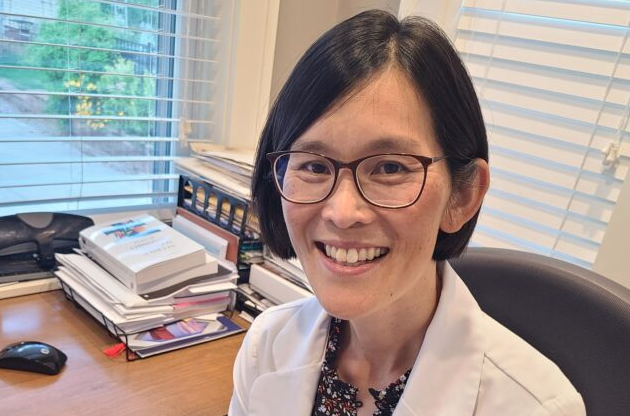
Catholic doctor describes her journey to practicing faith and medicine in harmony
Dr. Carolyn Manhart, an internal medicine physician in Omaha, reflects on how her Catholic faith deeply shapes her medical vocation. Her early experiences caring for the ill and a transformative encounter during her formation, reading Humanae Vitae and training at the Pope Paul VI Institute, helped her embrace the Church’s ethical teachings. As a practicing physician, she integrates faith into her care by fostering dignity and spiritual reflection among elderly patients.
By: Charlie Camosy
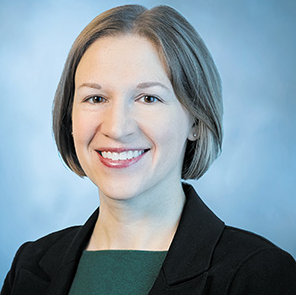
Ministry systems find CHA’s online platform to be vital tool for gauging fidelity to Catholic health mission
The Catholic Health Association (CHA) has introduced an online Ministry Identity Assessment platform that assists Catholic health systems in evaluating their adherence to the seven core commitments of Catholic health care. This tool enables facilities to assess their policies, practices, and community partnerships, guiding them through a comprehensive self-assessment process.
By: Julie Mind
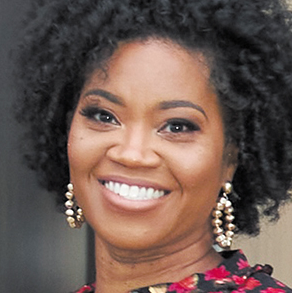
Catholic health care providers brace for impact of federal budget bill
The Catholic Health Association (CHA) has introduced an online Ministry Identity Assessment platform that assists Catholic health systems in evaluating their adherence to the seven core commitments of Catholic health care. This tool enables facilities to assess their policies, practices, and community partnerships, guiding them through a comprehensive self-assessment process.
By: Lisa Eisenhauer

New Jersey hospital receives largest-ever gift to a U.S. - based Catholic Health Center
Holy Name Medical Center in Teaneck, New Jersey, the state’s only independent Catholic health system, received a $75 million gift from the Douglas M. Noble Family Foundation. The largest donation ever to a U.S. Catholic health institution, the funds will support expansion in specialized care, workforce development, medical education, and mission-based innovation.
By: Madalaine Elhabbal

Through Faithfully Forward initiative, CHA works to build student awareness of roles in ethics and mission
CHA has relaunched its Faithfully Forward initiative to address workforce shortages in ethics, mission, and pastoral care by partnering with Catholic universities to promote these roles among students. The effort builds on earlier research identifying barriers like limited internships and low pay, aiming to influence curricula and expand formation opportunities.
By: Julie Minda

Feds Investigate Hospitals Over Religious Exemptions From Gender-Affirming Care
The U.S. Department of Health and Human Services’ Office for Civil Rights has launched investigations under the Church Amendments into healthcare providers who claim religious exemptions for refusing to provide gender-affirming care. The investigations mark the first time HHS has explicitly stated that the Church Amendments cover refusal of gender-affirming services and that misgendering patients may be included under these protections.
By: Kate Wells